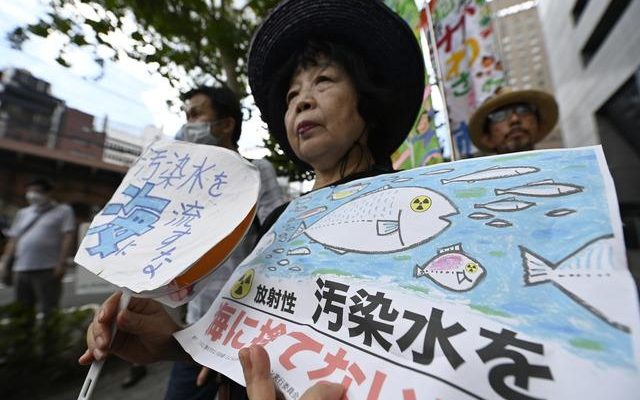The tsunami occurred after the 2011 earthquake in Japan. While the tsunami negatively affected many regions, the Fukushima In-Dai Nuclear Power Plant was also damaged and radioactive water accumulated in the power plant.
The tsunami caused by the 9-magnitude earthquake that occurred in March 2011 damaged 3 of the 4 nuclear reactors at the Fukushima Dai-içi Nuclear Power Plant, and the area around the power plant was declared an “evacuation zone” due to the radioactive fallout.
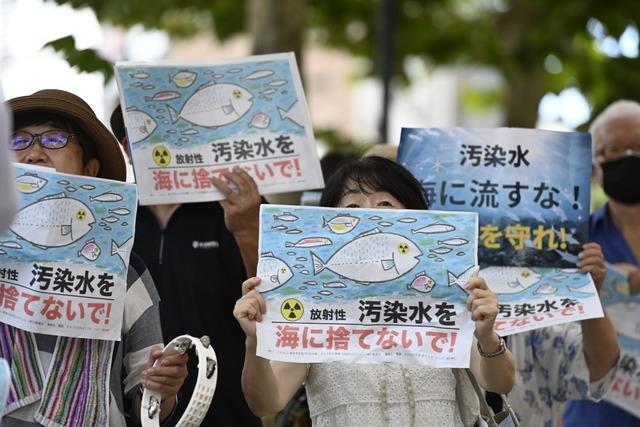
RADIOACTIVE WASTEWATER WILL BE SPILLED INTO THE OCEAN…
According to the previously announced plan, Japan will discharge 7,800 tons of wastewater into the ocean in 7 days in the first phase. A total of 31 thousand 200 tons of radioactive waste water is planned to be discharged until March 2024.
The plan has caused the reaction of fishermen and environmental protection activists living in the region, as well as neighboring countries, especially China.
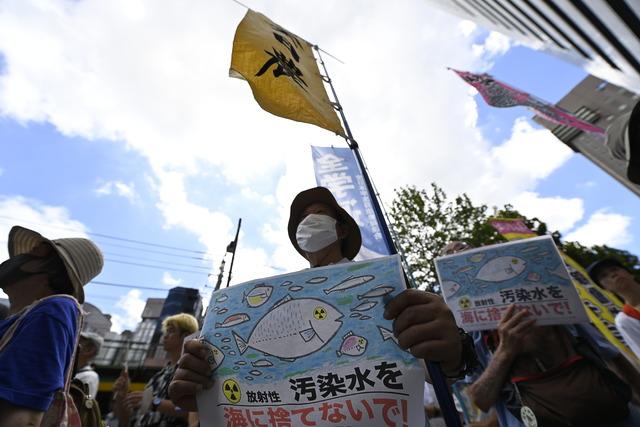
The Tokyo government argues against criticism that the radioactive wastewater planned to be discharged into the ocean is diluted with clean water, so that the amount of radioactive material in the water is less than one-40th of what is considered harmful to human health and the environment.
Authorities reported that the radioactive waste water from the power plant has begun to be discharged into the ocean. Environmental activists gathered in front of the headquarters of the Tokyo Electric Power Company (TEPCO), the operator of the power plant, in the capital, Tokyo, to protest the decision.
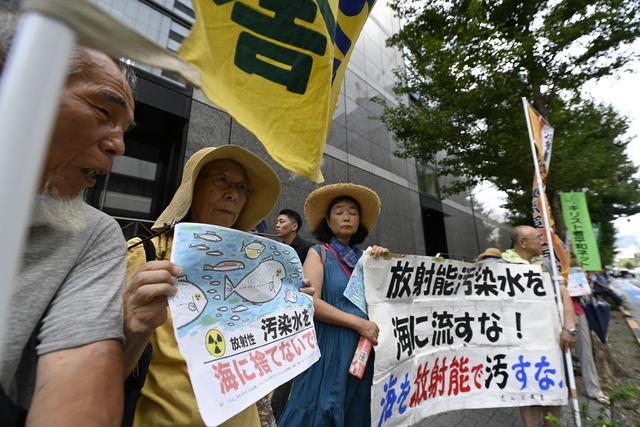
The International Atomic Energy Agency, in its report published on July 4 after its investigations at the power plant, stated that Japan’s waste water discharge plan complied with safety standards.
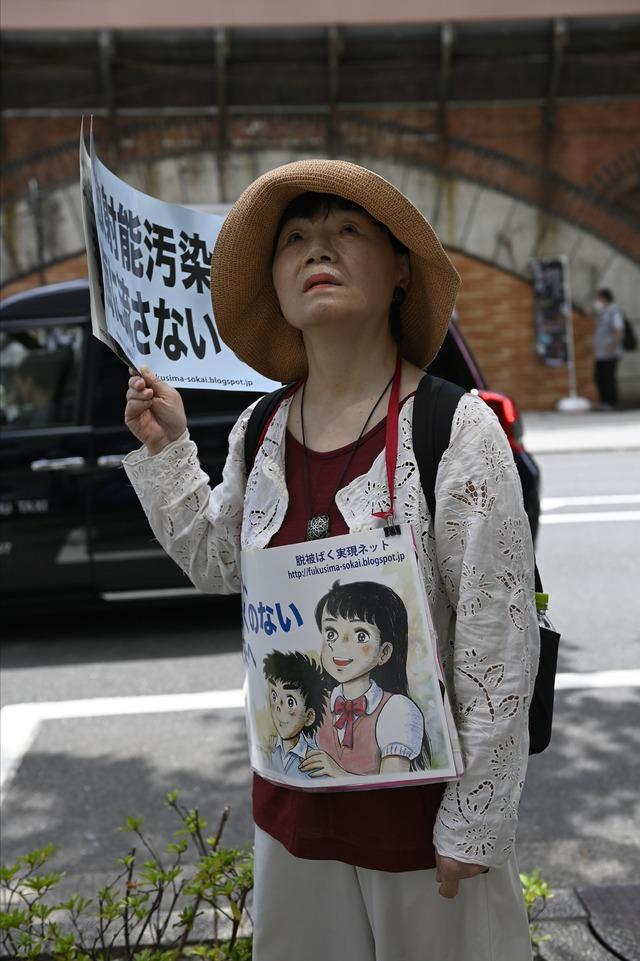
“WE DON’T WANT IT TO BE A DISASTER DAY”
The Chinese government has been against Japan’s plan to dump wastewater into the ocean from the very beginning. The previous day, Chinese Deputy Foreign Minister Sun Weidong summoned the Japanese Ambassador to Tokyo, Hideo Tarumi, to the ministry and conveyed his country’s reaction. Sun Weidong condemned the plan, stating that Japan’s plan to discharge nuclear waste water into the sea ignored the concerns and objections of the international community.
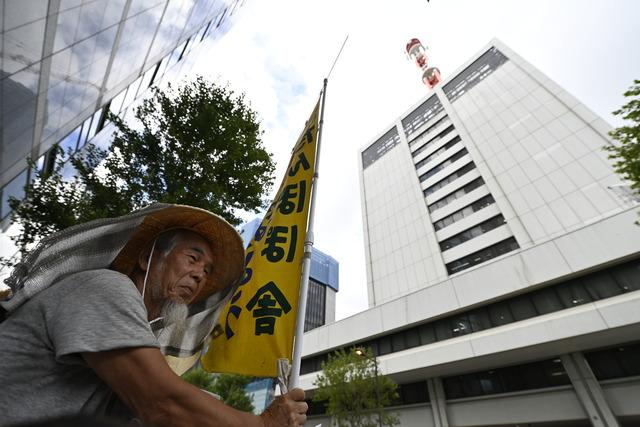
At the press conference held yesterday, Chinese Foreign Ministry Spokesperson Wang Wenbin pointed out that they urged Japan to reverse its decision and said, “The negative effects of the evacuation to the ocean are irreversible. We do not want August 24, 2023 to be a disaster day for the marine environment.”

CHINA STOP IMPORT OF ALL SEA PRODUCTS FROM JAPAN
The Chinese Ministry of Foreign Affairs condemned and protested the Japanese government’s unilateral evacuation despite criticism and opposition, describing it as “an extremely selfish and irresponsible act that disregards the global public interest”.
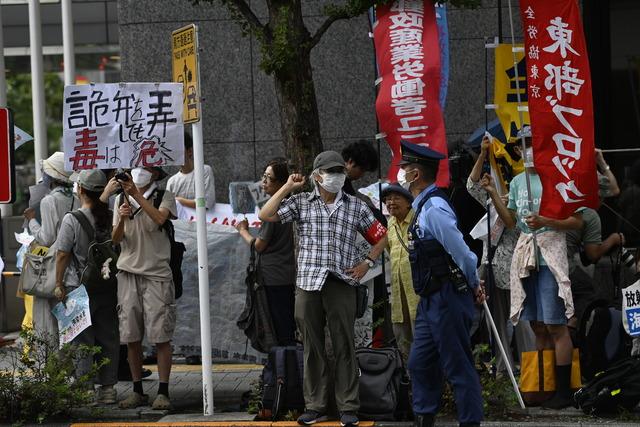
The Ministry had stated that China would take the necessary measures to protect marine ecology, food safety and public health.
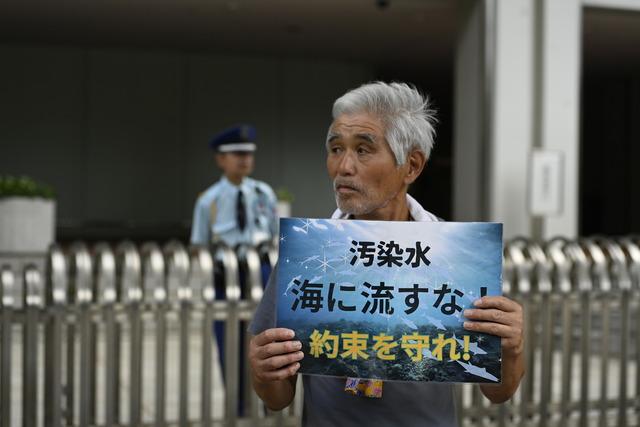
The decision is aimed at “preventing the risk of nuclear fallout caused by the discharge of radioactive wastewater from Fukushima into the sea, protecting the health of Chinese consumers and the safety of imported food,” the Chinese General Administration of Customs said in a statement.
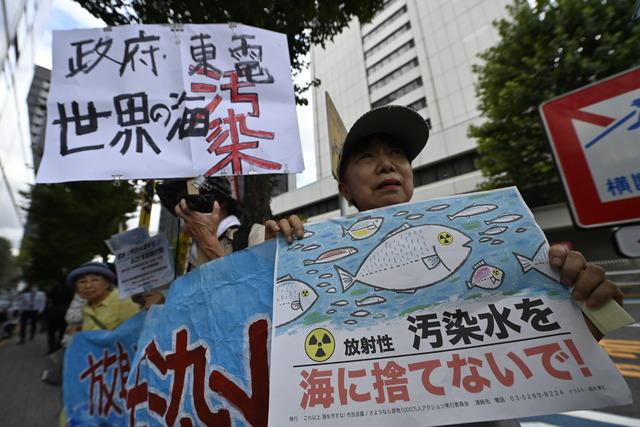
In the statement, it was noted that in accordance with the China Food Safety Law and its enforcement regulations, the Regulation on the Safety of Imported and Exported Foods, and the World Trade Organization’s Convention on the Implementation of Sanitary and Phytosanitary Measures, imports of all seafood, including edible products, from Japan, have been suspended as of August 24. (AA)
